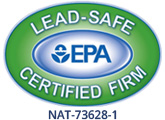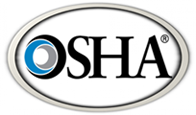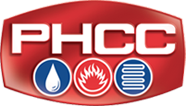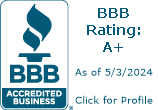Are Flushable Wipes Safe to Use?
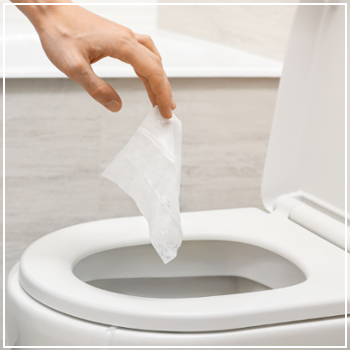 When toilet paper shortages emerged in 2020, many people looked for a substitute. Wet wipes seemed like a viable alternative for their effectiveness and availability. Plus, many brands claim their product is plumbing-friendly.
When toilet paper shortages emerged in 2020, many people looked for a substitute. Wet wipes seemed like a viable alternative for their effectiveness and availability. Plus, many brands claim their product is plumbing-friendly.
Yet just because something can travel down your toilet without causing an immediate clog, that doesn’t mean it won’t affect your pipes or septic tank. Specifically, “flushable” wipes can have a rippling effect that eventually affects the local sewers and waste treatment plants. Here’s what you should know before flushing these products.
What Happens After You Flush Wipes
Toilet paper is the only product designed to fully dissolve in your home’s plumbing system. Even then, thickness, composition and the amount used play a role.
Wet wipes, paper towels and newspaper do not degrade at the same rate – or at all. With flushable wipes, the moist paper remains intact, even when rubbed against something repeatedly.
At best, they get pushed by water through your pipes to the sewer. At worst, especially with low-flow toilets and older pipes, they can get trapped farther down, creating a clog or a sewage system backup.
Although wet wipes flush down the toilet, they:
- May get trapped farther along in your plumbing system as they travel to the sewer. Tree roots and debris increase the likelihood of wipes getting stuck.
- Don’t travel all the way through your plumbing system. A potential issue with low-flow toilets, the wipe can cause sewage to accumulate and lead to flooding. At this point, the wipes will trap anything you flush down.
- Affect your septic tank, damaging the pump or requiring more maintenance.
- Can result in costly plumbing repairs, depending on what they trap and where the clog occurs.
Beyond Your Home
The effects of wet wipes go beyond your home – they may end up at the local sewage treatment plant. During their journey, flushable wipes can:
- Get caught in the sewer pipes, where they hold onto other debris and create an effect known as “ragging” for the texture and appearance that develop.
- Remain in your local sewer pipes for months, even if they don’t immediately cause a clog.
- Contribute to a clog in the local sewer system that requires a professional to clean out.
- Contribute to fatbergs. The wipes, plus any grease and oil dumped down a local drain, create a solid formation that restricts how water flows through the sewers. Fatbergs are more likely to develop in areas with apartment buildings or restaurants.
- Clog expensive equipment used at municipal sewer treatment plants, with replacement costs often passed onto the taxpayer.
What if wet wipes are your only option? Consider the potential effects on your plumbing and leave them in the trash with any diapers and sanitary products.
Have you been flushing wet wipes and think they may have caused a recent clog or sewer backup? The plumbers at MJ Fahy & Sons can inspect your system to repair the issue. To learn more or request service, contact us today.

